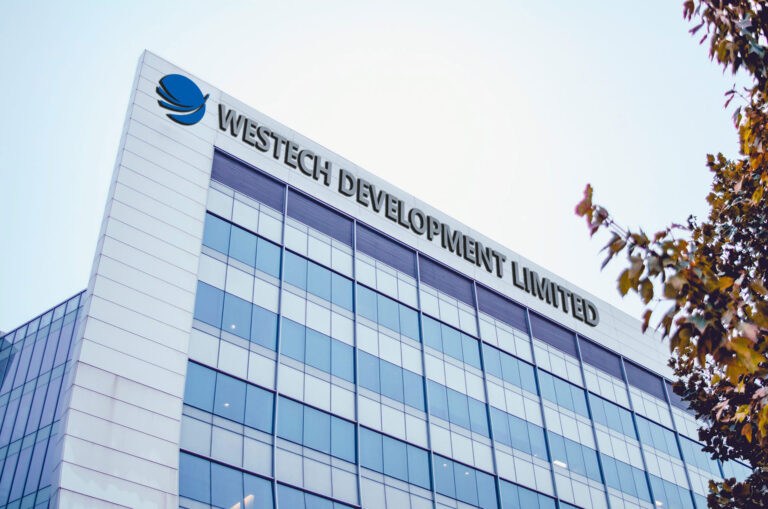Choosing the right battery storage inverter is critical to optimizing your renewable energy system. Inverters play a vital role in converting stored DC energy into usable AC power, ensuring that your system runs efficiently. With a wide range of options available on the market, selecting the best inverter can feel overwhelming. This guide will help you understand the key factors to consider when making your choice.
Understand Your Power Requirements
Before selecting an inverter, it is essential to determine your power requirements. This includes calculating your household or facility’s energy consumption and understanding the type of loads you will power. Consider both peak power demands and the total energy consumed over a period. Ensure that the inverter you choose can handle the system’s maximum power output and is compatible with the capacity of your energy storage system.
Evaluate Inverter Efficiency
Inverter efficiency is a critical factor that influences the overall performance of the storage system. Higher efficiency ratings mean less energy loss during the conversion process, resulting in more effective use of stored energy. Look for inverters with efficiency ratings of 95% or higher. Additionally, consider the inverter’s efficiency under partial load conditions, as this affects performance during periods of lower energy demand.
Consider the Type of Inverter
Several types of inverters are available, each designed for different applications. The three main types are:
- String Inverters: Ideal for smaller systems, these are more affordable and easier to install but may perform poorly under shading conditions.
- Microinverters: Suitable for systems with multiple orientations or shading issues, they provide better efficiency and performance monitoring for each panel.
- Hybrid Inverters: Designed specifically for storage systems, these inverters enable seamless integration between solar power generation and battery storage.
Choosing the right type of inverter depends on your specific needs and system configuration.
Assess Durability and Warranty
The durability of an inverter is crucial for long-term reliability. Check the manufacturer’s reputation and the quality of materials used in the inverter’s construction. Inverters are often exposed to harsh environmental conditions, so selecting one with a robust design is essential. Additionally, consider the warranty offered by the supplier. A longer warranty period reflects the manufacturer’s confidence in their product and can save you future repair or replacement costs.
Review Connectivity and Monitoring Features
Modern inverters come with advanced connectivity options and monitoring capabilities. These features allow you to track the performance of your storage system in real time, making it easier to identify issues and optimize efficiency. Look for inverters that offer Wi-Fi or Bluetooth connectivity and user-friendly monitoring interfaces accessible via smartphones or computers. Some inverters also integrate with smart home systems for automated energy management.
Verify Compliance with Standards
Ensuring that the inverter complies with local and international standards is essential for safety and compatibility. The inverter should meet grid connection standards and electrical installation safety regulations. Certifications from recognized organizations like UL, IEC, or ISO indicate that the inverter has undergone rigorous testing and meets industry standards.
Compare Costs and Supplier Options
While cost should not be the sole deciding factor, it is important to compare prices from different suppliers. Consider the overall value, including efficiency, durability, warranty, and additional features, rather than just the initial purchase price. It is equally important to choose a reputable supplier with a strong service record. This ensures that you receive support during installation and operation, as well as access to replacement parts when needed.
Conclusion
Choosing the right battery storage inverter requires careful consideration of multiple factors, including power requirements, efficiency, inverter type, durability, connectivity, compliance, and cost. By evaluating these aspects, you can select an inverter that maximizes the performance and lifespan of your storage system.
If you need further assistance or want to discuss your specific requirements, feel free to contact us. As a trusted supplier, we are here to help you make the best choice to meet your energy needs.
Share this entry

